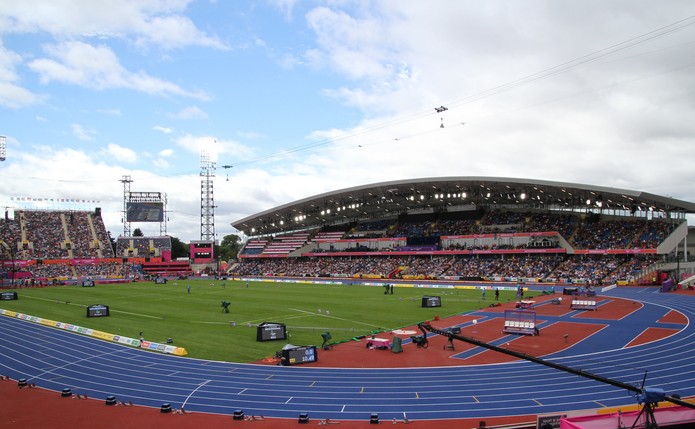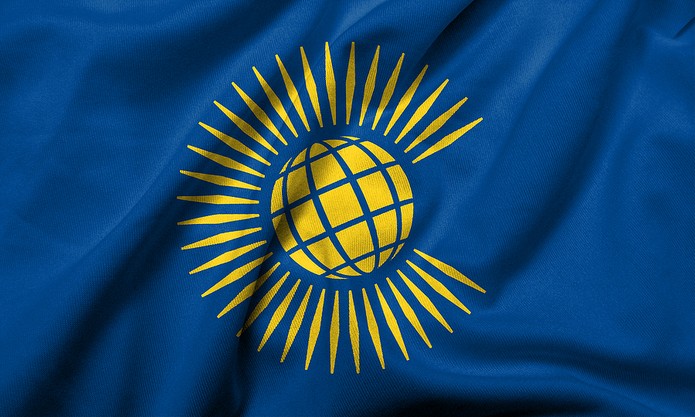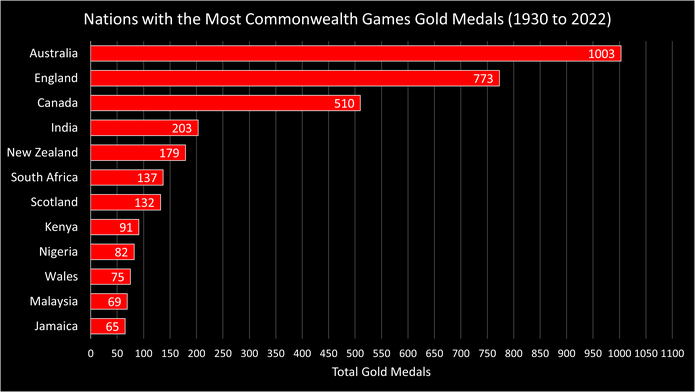 With the Olympic Games, the World Championships and the European Championships, amongst many others, there’s no shortage of top-tier athletics events for the stars of track and field to strut their stuff at.
With the Olympic Games, the World Championships and the European Championships, amongst many others, there’s no shortage of top-tier athletics events for the stars of track and field to strut their stuff at.
There’s a danger of overkill too, perhaps, which maybe explains the current turmoil facing the Commonwealth Games.
The quadrennial meeting, which brings together the best athletes from the Commonwealth nations, is arguably a few rungs down on the ladder of importance for stars who crave the medals at the Olympics and the Worlds.
Just convincing a city or state to take on hosting duties is hard enough, with the government of Victoria, the Australian state, withdrawing as hosts for the 2026 Commonwealth Games after their estimated costing spiralled out of control.
The Victoria government has agreed to pay the Commonwealth Games Federation £190 million as a form of compensation, but it leaves a rather large void for a host to step into the breach with time beginning to tick down.
The situation has also been exacerbated by the fact that Alberta, the Canadian province expected to host the 2030 Games, has also pulled out – citing an expected bill of around £1.5 billion that would be ‘too high to bear’.
Could this turmoil spell the end of the Commonwealth Games as we know it?
What is the Commonwealth Games?

Like the Olympics, the Commonwealth Games are contested every four years. Founded in 1930 and held quadrennially ever since (barring a break for World War II), the current cycle is even years in the pattern of 2010, 2014, 2018, 2022, 2026 and so on.
The Commonwealth Games are unique in that they are fully inclusive – there’s no separate event for those with physical disabilities and paraplegics, as with the Paralympics, and instead athletes compete for the country under one banner.
And in 2022, the Commonwealth Games made history when it became the first top-tier athletics meeting to have more medal events for female athletes than their male counterparts.
The 2022 edition feature an updated version of the Commonwealth Games Charter, which introduced a new set of sports to go alongside the core disciplines of athletics, boxing, hockey, swimming and the like.
Which Countries Compete in the Commonwealth Games?

There are 56 members of the Commonwealth of Nations, which is essentially a band of nations that have, at one time or another, been a territory of the British Empire.
Curiously, 72 nations are full members of the Commonwealth Games Association, who can therefore send a designation of athletes and participants to compete in the Games.
The Commonwealth Games are one of the few times that English competitors represent England, rather than Great Britain, while other European nations to contest the meeting include Northern Ireland, Wales, Scotland, Malta, Gibraltar and Cyprus.
Australia, New Zealand, Canada and South Africa are amongst the sporting powerhouses that contest the Commonwealth Games, while the continent of Asia is represented by the likes of India, Bangladesh and Singapore.
Both Oceania and the Caribbean are represented by 14 individual nations, while Africa has 19 representatives – more than any other continent.
Who Has Won the Most Medals at the Commonwealth Games?
You might think that the British nations, who are effectively the originators of the meeting, would have won more Commonwealth Games medals than any other.
However, you’d be wrong: Australia has bagged more gold medals (1,003) and more combined medals (2,604) than any other country.
England is in second place with 773 golds and 2,322 medals overall, while Canada rounds out the podium with 510 golds and 1,647 total medals ahead of the 2026 edition of the Commonwealth Games.

As far as individual competitors are concerned, the legendary swimmer Emma McKeon has won more Commonwealth Games medals than any other – 20, in fact, to go with her collection of eleven medals at the Olympic Games.
Shooters Phillip Adams and Mick Gault and South African swimmer Chad Le Cos have won 18 medals apiece at the Commonwealth Games, while the most golds – 14 – have been awarded to McKeon ahead of her swimming compatriots Susie O’Neill and Ian Thorpe, who have ten each.
Why Don’t English Athletes Sing God Save the King at the Commonwealth Games?
It’s a long story, although the defining narrative took place in 2010.
God Save the King and God Save the Queen, depending on the ruling monarch of the time, was sang for decades at the Commonwealth Games from 1930 onwards, however that changed in 2010 when a public vote was held to determine which song should be used.
Jerusalem, the anthemic adaptation of William Blake’s poem ‘And Did Those Feet In Ancient Times’, has been sung ever since, with God Save the King now instead sung at events where athletes represent either Great Britain or the United Kingdom.